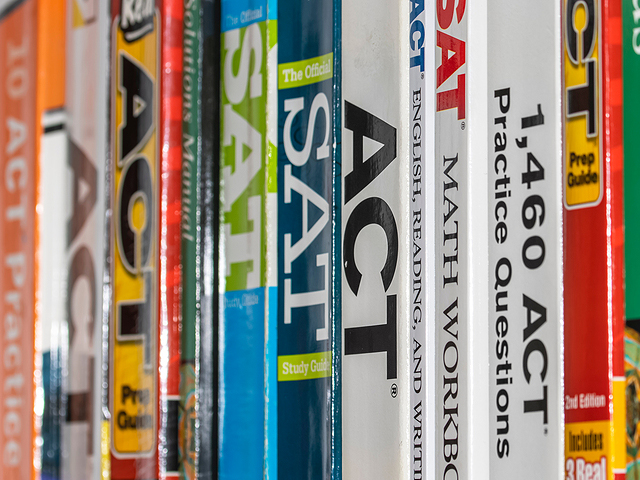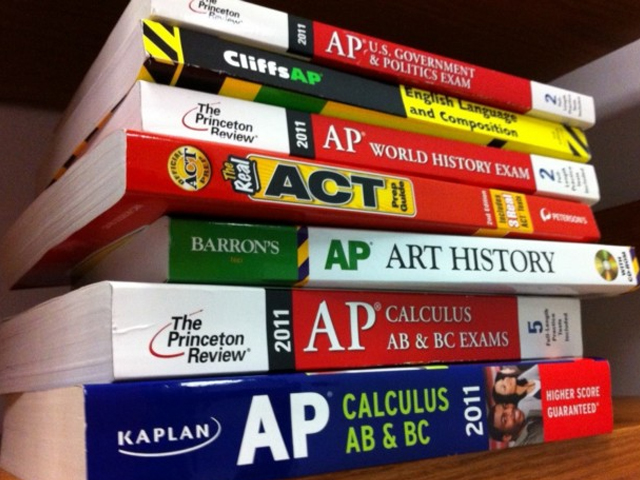
If you are considering college and are still in high school, there are many things to consider. The types of courses you enroll in now can play a part in your future. The college admission personnel are looking to see a solid learning foundation in your transcripts that grow during your college years. There are some classes that will stand out more than others.
To create a solid base, aim to complete 5 strong academic courses per semester. It is always wise to begin with basic classes and then move to advanced courses when you are ready for the challenge. The classes listed below will help you build a great foundation for learning and for life.
Language Arts & English
Take an English class each year to develop your reading, writing, narrative, poetry, grammar, storytelling and speaking skills. You will build your vocabulary, your reading comprehension, essay writing and even your public speaking ability. There are English Literature classes, American Literature, Creative Writing, Poetry, Short-Story Writing, and Essay Writing skills along with numerous other options.
Science
Science classes enable you to develop your critical and analytical thinking skills. Then you can learn how to apply these theories and skills to reality. Colleges are looking to see that you have taken at least 3 years of laboratory science courses. Include the following classes in your schedule to develop a solid science background:
- Chemistry
- Biology
- Space/Earth Science
- Physics
Competitive schools may look for individuals with 4 years of lab science classes. You may be able to take advanced classes in some of the above-mentioned courses to receive credit.
Math
Geometry and algebra will help you both with college math courses and different entrance exams. Take these classes early on so that you have time to study advanced math and science classes. This will indicate to colleges that you have done the groundwork and are ready to tackle higher education classes.
The majority of colleges are seeking students that have 3 years of high school math classes. Some of the more competitive colleges are looking for 4 years. Try a combination of the following courses to ensure you have a solid mathematical foundation:
- Geometry
- Calculus
- Algebra I
- Algebra II
- Trigonometry
Arts
Students who take advantage of arts programs score much better on standardized tests and in school according to research. Studying the arts helps people notice similarities, differences, pattern recognition and using their brainstorming abilities.
Numerous colleges prefer students to have at least one or two semesters in the realm of the arts. Great study options include:
- Drama
- Dance
- Studio Art
- Music / Band
Foreign Languages
Having foreign language study on your transcripts indicates that you are willing to achieve more than the basics. Lots of colleges are looking for a minimum of 2 years in foreign language study; however, some places prefer longer. Look into the requirements of the colleges you are interested in to ensure you are covering your bases in advance.
Social Studies
Studying the history and cultures that have helped to form local and world events is critical to your overall education. Here are some great high school courses to consider in your study plan:
- A full year of U.S. History
- A half-year of Geography
- A half-year of World History
- A half-year of U.S. government
- An additional half-year in one of the above or another suitable course.
Pursue Challenging Course Work
To prepare fully for college-level courses, try to incorporate some challenging high school courses, including IB-program courses, AP courses and honors classes. Some high schools offer college courses in senior year. Look into your local college to determine if you can take any entry-level classes online or during your final year of high school if your schedule permits.
Avoid Burn Out
Balance is key when preparing for college. It can be tempting to try and work as hard as possible during your senior year to earn money and to study as much as you can. However, this is a recipe for disaster if you end up burning the candle at both ends.
Make a schedule of start and end dates for your classes. Keep track of your work schedule and your time with friends. Ensure you include travel time to and from school and work. Don’t forget to add in sleep and any sports or extracurriculars. Sometimes, seeing all of your commitments on paper can help you prepare for important dates and cut out things that you cannot fit in.











